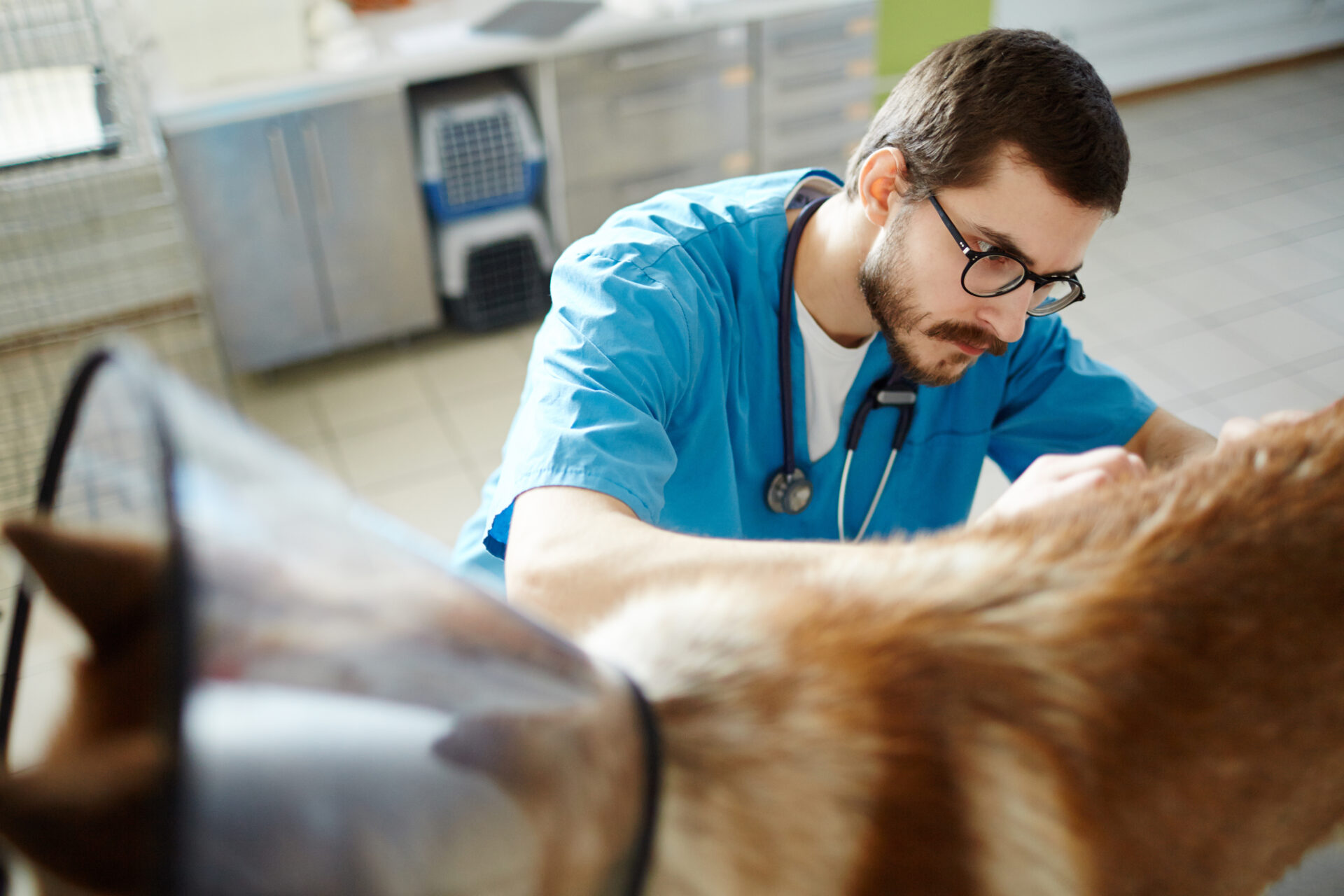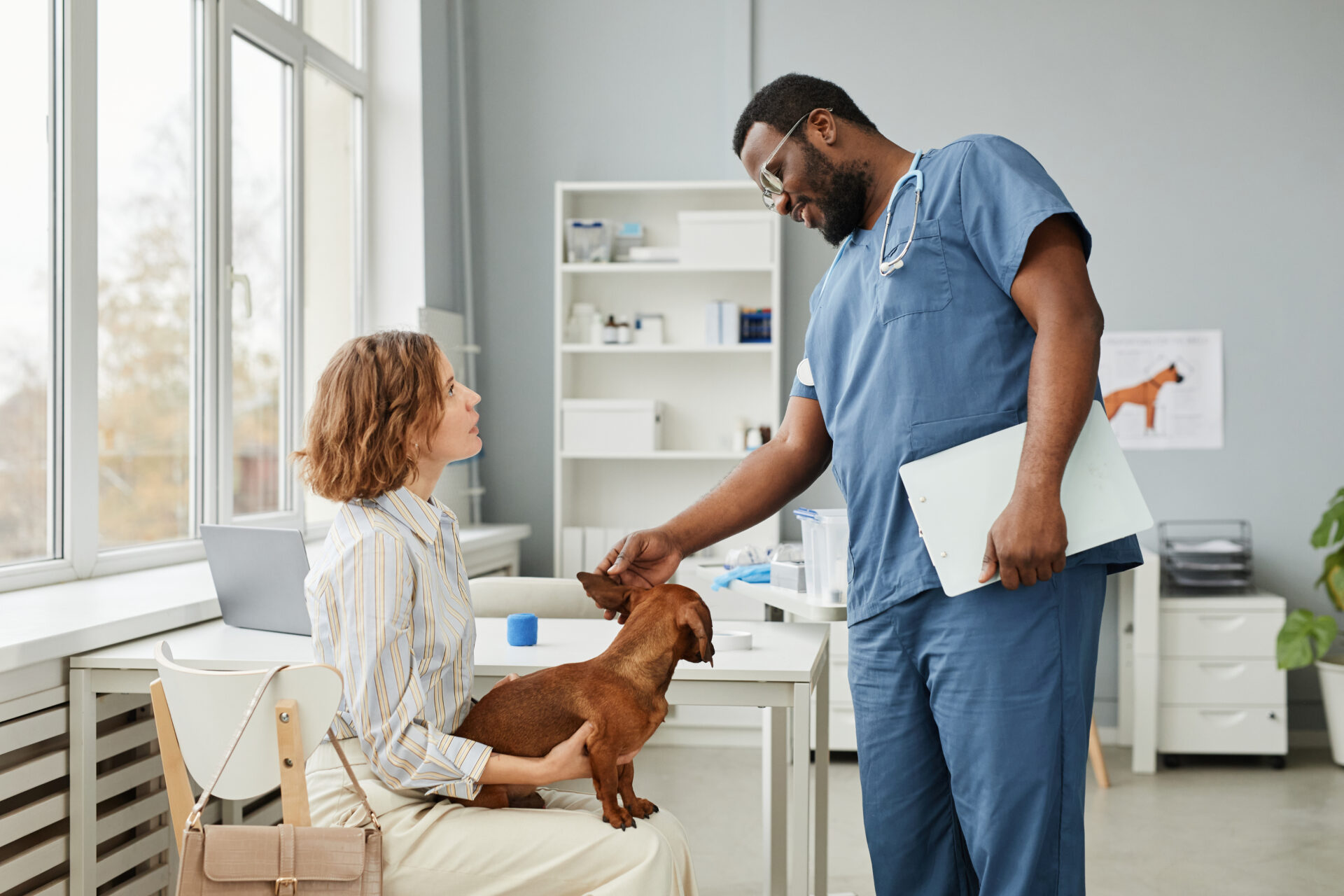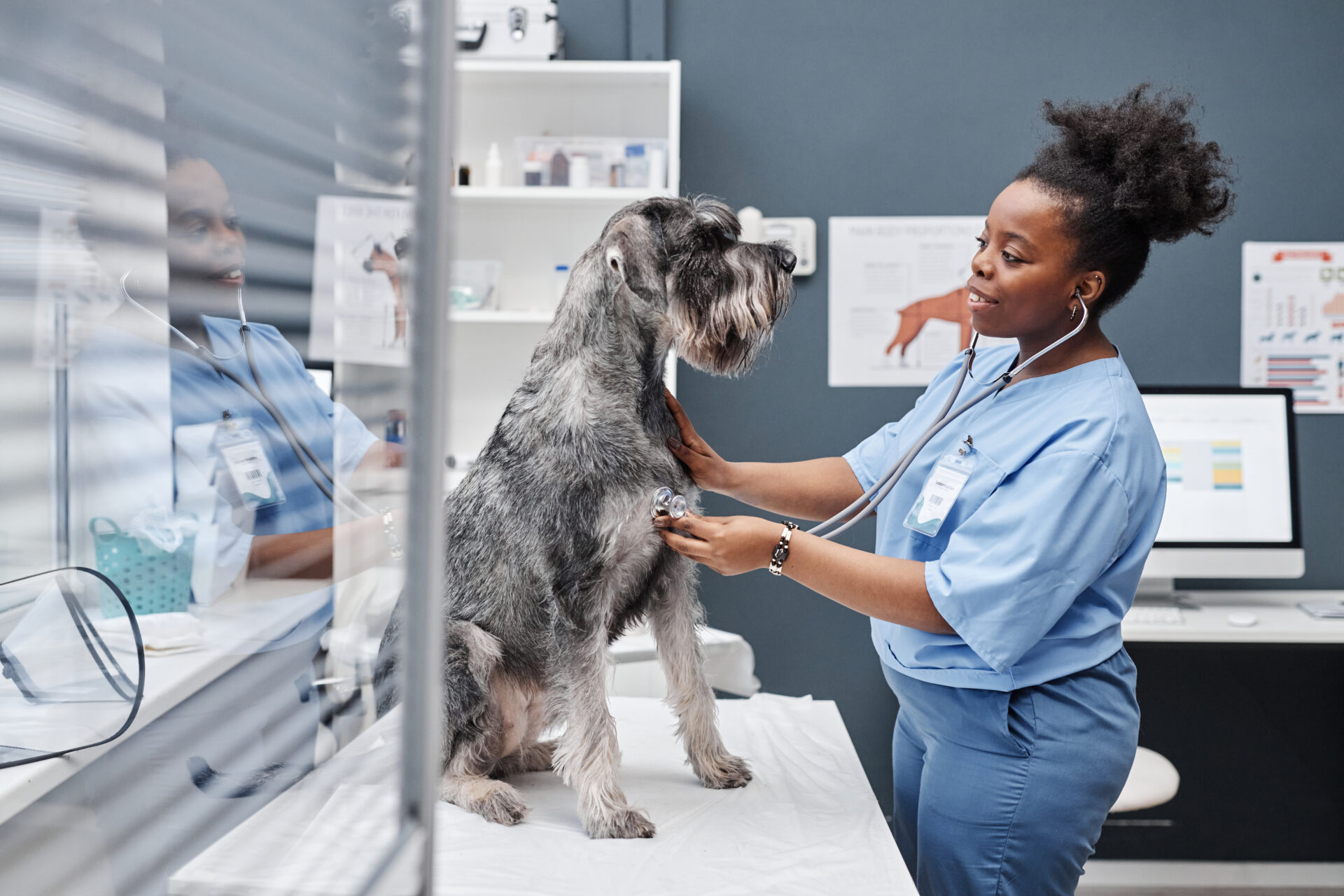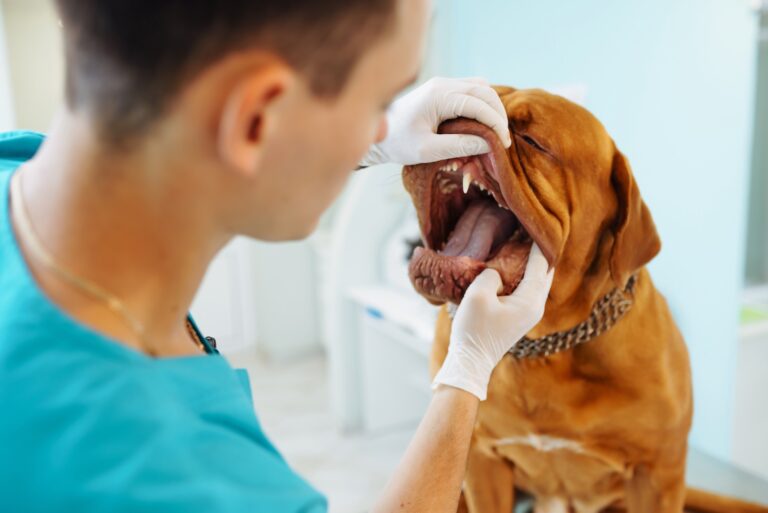Your dog is more than just a pet—they’re a beloved member of your family. Finding the right veterinarian is one of the most important decisions you’ll make to ensure your dog’s health and well-being. Whether it’s for routine check-ups, vaccinations, or unexpected emergencies, having a trusted vet can make all the difference in your dog’s care.
This guide will help you navigate the process of selecting the ideal veterinarian, with tips on what to look for, questions to ask, and how to establish a positive relationship with your dog’s healthcare provider.
Some of the links on this page are affiliate links, which means we may earn a commission at no extra cost to you if you make a purchase. As an Amazon Associate I earn from qualifying purchases. We only recommend products we genuinely love and think you’ll find helpful!
Why Choosing the Right Vet Matters
Your veterinarian plays a critical role in your dog’s life by:
- Ensuring their health through preventive care like vaccinations, parasite control, and dental hygiene.
- Diagnosing and treating illnesses or injuries.
- Providing guidance on nutrition, exercise, and behavioral concerns.
- Offering advice on long-term health needs, especially for senior dogs or those with chronic conditions.
A good vet not only provides top-notch medical care but also forms a partnership with you to make informed decisions about your dog’s health.

What to Look for in a Veterinarian
Selecting the right veterinarian requires careful consideration. Here are some key factors to keep in mind:
1. Location and Accessibility
Convenience matters when it comes to regular vet visits or emergencies. Look for a veterinary clinic close to your home or workplace to make appointments and urgent care easier to manage.
Also, check the clinic’s hours of operation. Some clinics offer evening or weekend hours, which can be a lifesaver for busy schedules.
2. Qualifications and Expertise
Not all veterinarians have the same level of experience or specialization. Verify that the vet you’re considering is licensed and has the necessary qualifications to practice in your state or country.
If your dog has specific needs (e.g., orthopedic issues or allergies), consider a vet with expertise or additional training in those areas. You might also ask if they are members of professional organizations like the American Veterinary Medical Association (AVMA), which often indicates a commitment to high standards of care.
3. Services Offered
Check that the clinic provides the services your dog might need, such as:
- Routine exams and vaccinations.
- Diagnostic testing (bloodwork, X-rays, ultrasounds).
- Dental care.
- Surgical procedures.
- Emergency services.
Some clinics also offer additional services like grooming, boarding, or behavioral consultations, which can be a bonus.
4. Cleanliness and Environment
Visit the clinic in person to get a feel for the environment. A clean, well-maintained facility is a good sign of professionalism and care. Observe how staff handle pets and whether the waiting area is calm and welcoming.
5. Staff Friendliness and Communication
The relationship between you, your dog, and the veterinary staff is crucial. A good vet and their team should:
- Be approachable, patient, and willing to answer your questions.
- Clearly explain diagnoses, treatments, and procedures.
- Make your dog feel comfortable and cared for.
Trust your instincts—if you and your dog feel at ease with the staff, it’s a good sign you’ve found the right place.

Questions to Ask When Choosing a Veterinarian
When evaluating potential vets, ask these questions to ensure they’re the right fit:
1. What is your approach to preventive care?
Preventive care is the cornerstone of good veterinary medicine. A proactive vet will focus on keeping your dog healthy through regular check-ups, vaccinations, and screenings.
2. Do you have experience with my dog’s breed?
Some breeds are prone to specific health issues. A vet familiar with your dog’s breed is better equipped to address their unique needs.
3. What emergency services are available?
Find out if the clinic handles emergencies or partners with a 24-hour emergency hospital. Knowing where to go in an urgent situation can save precious time.
4. What is your pricing structure?
Veterinary care can vary in cost. Ask about fees for common services and whether payment plans or pet insurance are accepted. Transparency about pricing is important.
5. How do you handle anxious or fearful dogs?
A good vet will have strategies to reduce stress for nervous pets, such as Fear Free techniques or sedation options when necessary.

Establishing a Relationship After Finding a Vet
Once you’ve chosen a veterinarian, building a strong relationship with them is key to your dog’s ongoing care:
Start with a Wellness Visit
Schedule an initial check-up to introduce your dog to the vet and staff. This allows them to assess your dog’s baseline health and gives you a chance to ask questions or share concerns.
Be Honest and Open
Your vet relies on you for crucial information about your dog’s health and behavior. Share details about their diet, exercise routine, and any changes you’ve noticed, no matter how small.
Follow Recommendations
Whether it’s preventive care or treatment for an illness, follow your vet’s advice closely. If you have doubts or concerns, don’t hesitate to ask for clarification.
Stay Consistent
Regular visits to the same vet help them get to know your dog’s history and personality, leading to better, more personalized care.
When to Consider Changing Vets
Sometimes, despite your best efforts, you may need to switch veterinarians. Signs it might be time to find a new vet include:
- Difficulty communicating or feeling unheard.
- A lack of transparency about procedures or costs.
- Concerns about the clinic’s cleanliness or professionalism.
- Feeling that your dog is uncomfortable or poorly handled.
Your dog’s health and comfort come first, so don’t hesitate to seek out a better fit if needed.
The Role of Pet Insurance
Pet insurance can be a valuable tool to manage the cost of veterinary care, especially for emergencies or chronic conditions. If you’re considering insurance, check whether the vet you choose works with your preferred provider.
Conclusion
Choosing the right veterinarian is an important step in ensuring your dog’s long-term health and happiness. By prioritizing qualifications, communication, and your dog’s comfort, you can find a vet who feels like a trusted partner in your pet’s care.
Take your time to research and ask questions—it’s worth the effort to build a strong relationship with a vet who genuinely cares about your furry friend. With the right veterinarian by your side, you’ll have peace of mind knowing your dog is in excellent hands.




